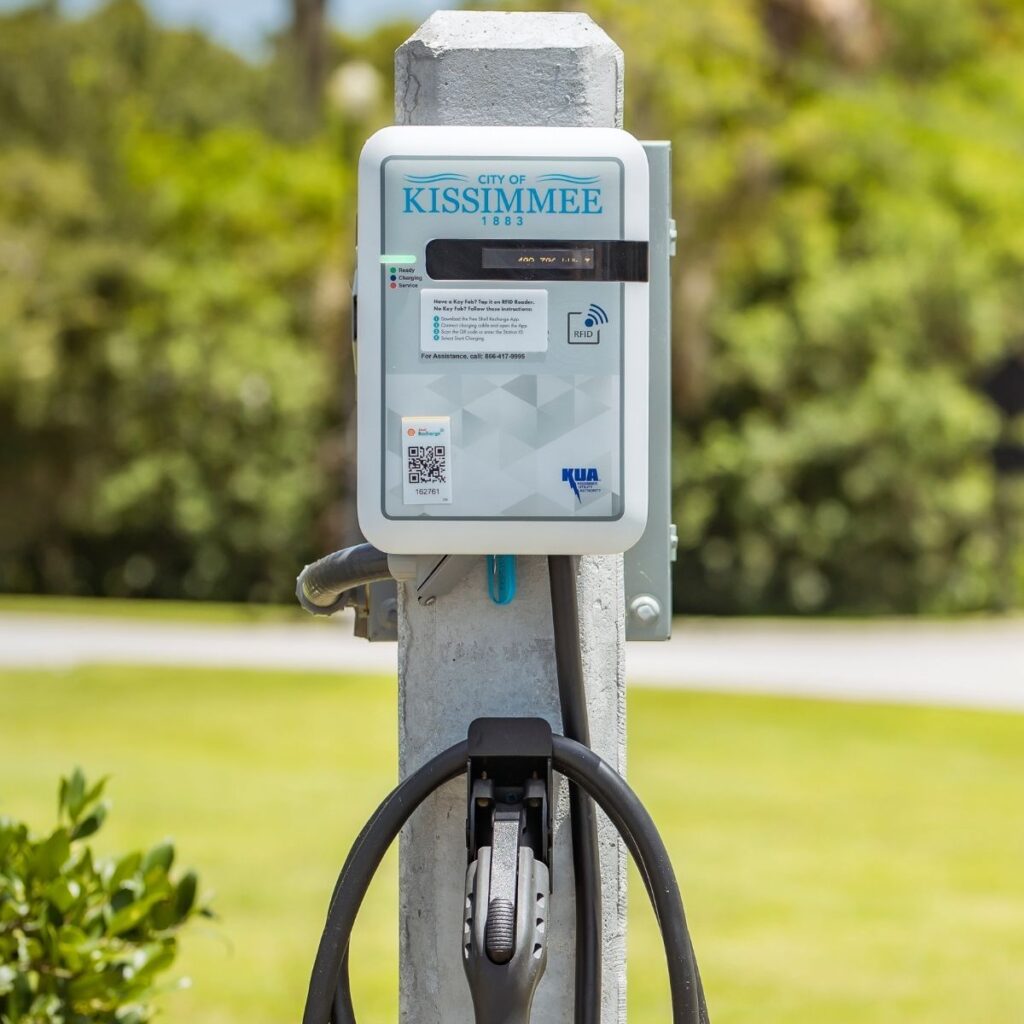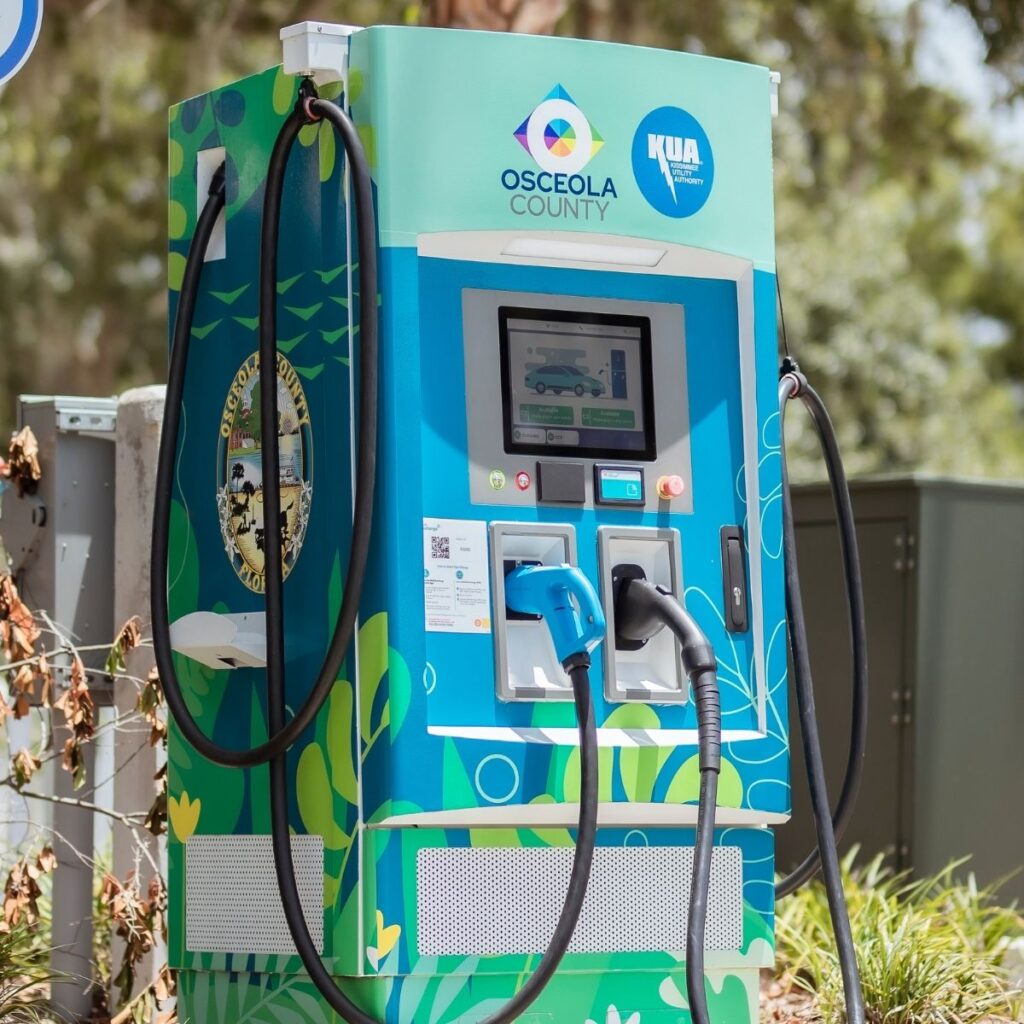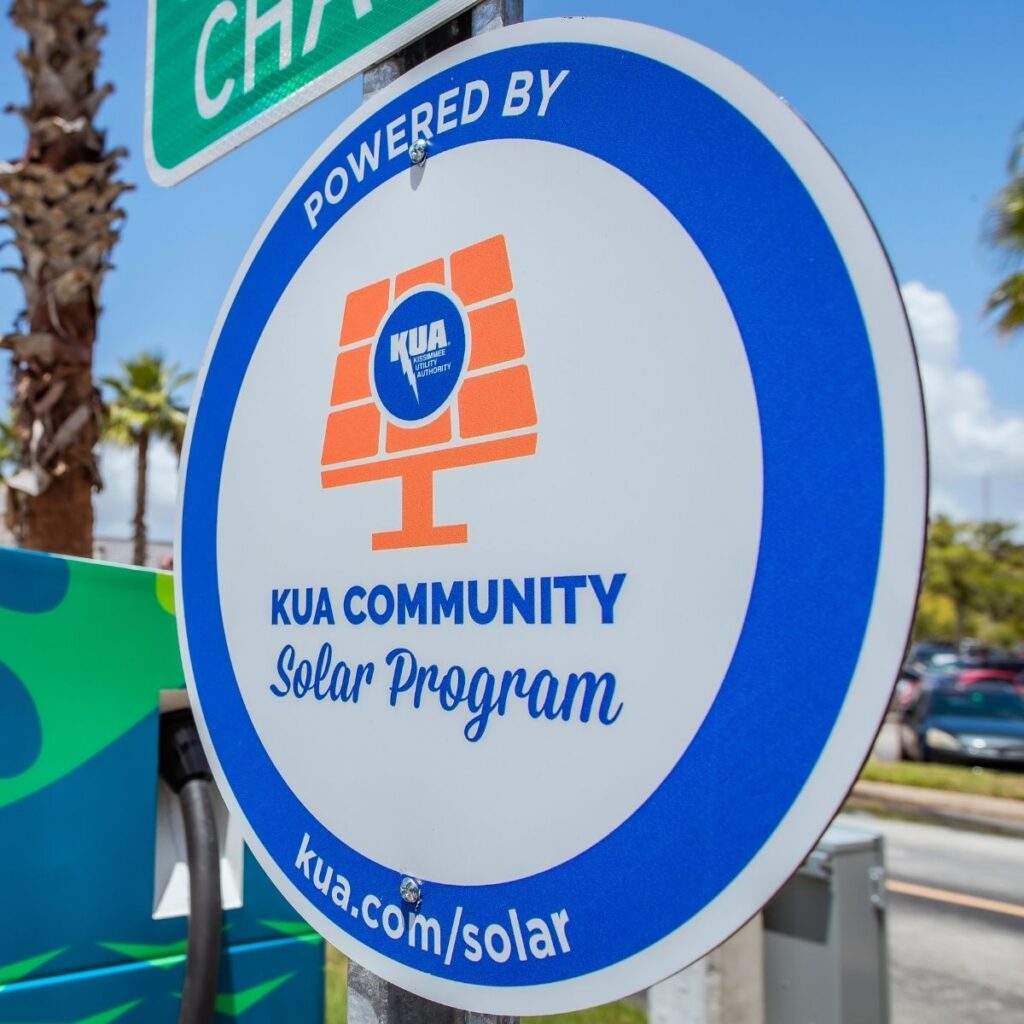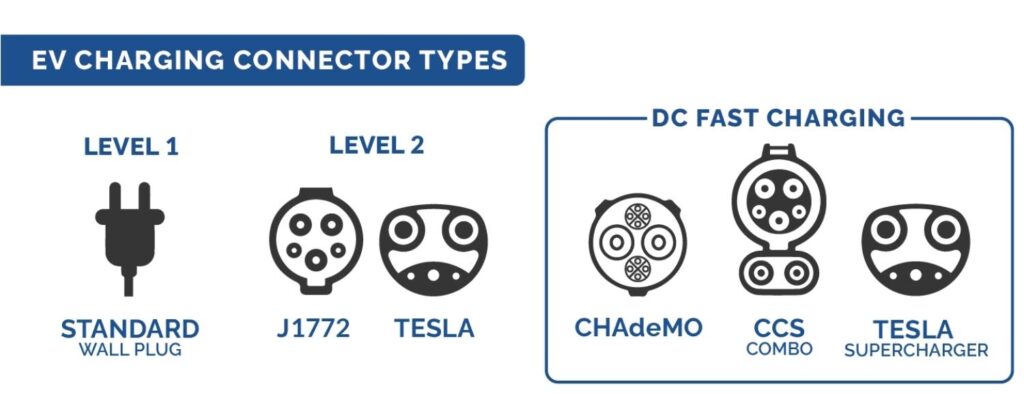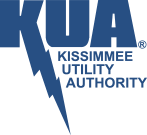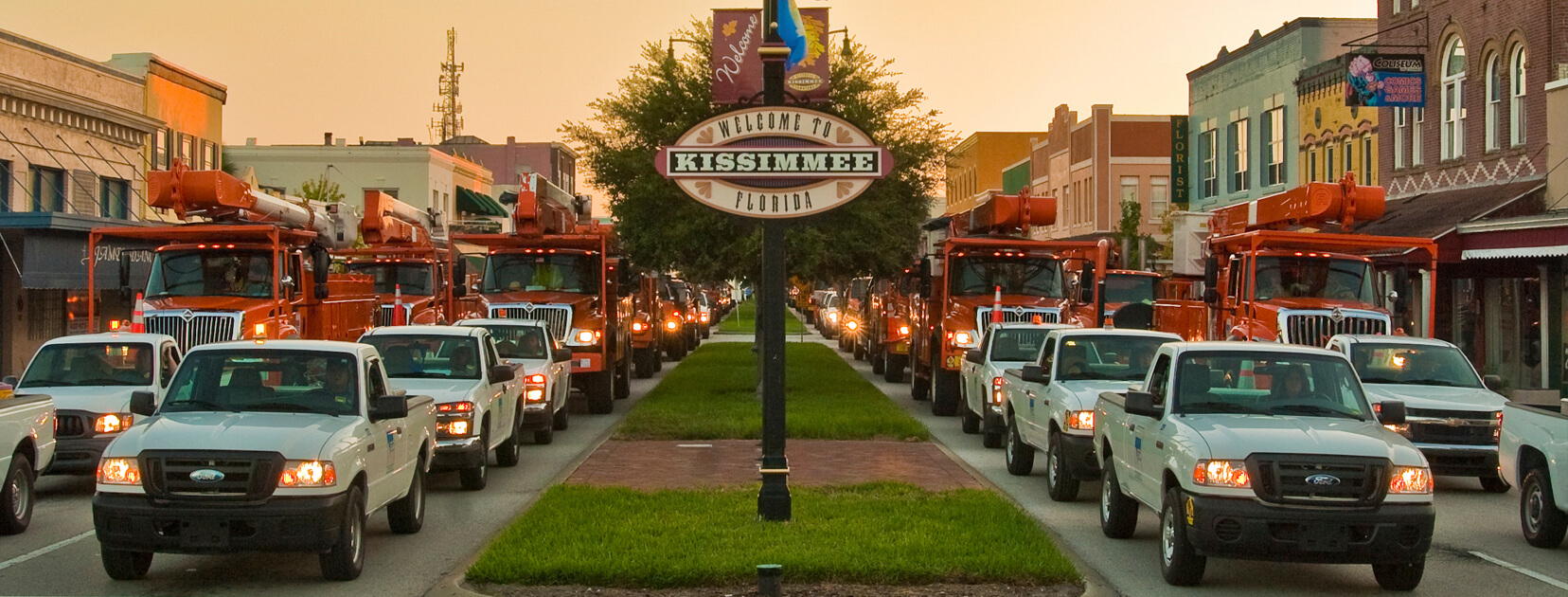There are two types of light-duty EVs: All-Electric and Plug-in Hybrid.
Alternating current (AC) allows charging up to the kW-listed rating of the charger and the EV battery management control system.
Level-1: Standard wall outlet plug using NEMA 5-15, the standard 15 amp,120v or NEMA 5-20, at 20 amp,120v. The slowest charging rate of speed.
Level-2: J1772 charger plug, using 208v or 240v or a separate L14-50 amp outlet can be used with EV plug cord or adaptor. Many consumers want a Level-2 charger at their home or business.
Level-3 DC Fast Charging: Direct current which allows fast-charging up to the max kW rating of the charger and in combination with your EV battery management control system. Not all EVs come with DC fast charging as a standard feature. It is often available as an upgrade package and well worth the investment.
- CHAdeMO, plug: allows for very high kW charging capacities.
- CCS, plug: an enhanced version of the Level-2, J1772 plug to allow very high kW charging capacities.
Tesla has their own proprietary design plug and sells an adapter that will be needed to charge at a non-Tesla public charging station. However, the Tesla J1772 adapter will not be required at a Tesla charging destination center or Tesla supercharger stations.
- J1772 connector – adapter to charge a Tesla at Level-2 public charging station is required.
- CHAdeMo or CCS – adapter to charge a Tesla at a Level-3 public charging station is required.
It is important to know what type of nozzle plug face your EV has, especially when you’re on the go and looking for a charging station. Depending on your EV’s manufacturer, there are different nozzle plug faces for the higher levels of charging. Check with your EV manufacturer prior to purchase to make sure you have what you will need, as there are different types of plugs at chargers, and not all EVs are the same.
As popularity and interest in electric vehicles (EVs) increases, we’re here with information to help make buying and owning an EV even easier.
Where can I charge when I’m away from home?
If you need to charge away from home, there are a growing number of online maps and phone apps that can help you find the charging station nearest you—more stations are being installed every day. A simple web search for “public EV charging map” can help you find locations near you.
In addition, many EVs have built-in navigation apps to help you locate the closest charging station.
What EV is best for me?
With more than 40 all-electric and plug-in hybrid electric vehicles (EVs) on the market, there is an EV for everyone.
PlugStar simplifies the EV shopping experience. The online shopping tool provides the information you need to make your EV transition. Find information on electric vehicle options, pricing, incentives, and charging. You can also connect to a PlugStar Certified Dealer that is specially trained to support your EV needs.
Shop for an EV with PlugStar. (This link takes you to an external website. We are not responsible for their content.)
How do I charge at home?
Ask your auto dealer what the vehicle manufacturer recommends for getting your home plug-in ready. Charging times vary depending on how far you drive between charges, the speed of your charging equipment, and the capabilities of your EV.
For vehicles and charging units capable of shorter charging times, higher-power electrical connections may be required—similar to the electrical connection for a household air conditioner or dryer. Please contact a Florida State licensed electrical contractor to make sure you have enough capacity (room in your electric panel) to add an additional 240v breaker with a charger.
What does it cost to charge at a KUA Public Charging station?
If you own an EV, you can benefit by signing up for the EV Connect app EV network and ordering an RFID at https://www.evconnect.com/drivers.
EV charging service will be available at Level-2 and Level-3 Kissimmee Utility Authority owned stations open to the public. Level-2 stations are those rated at 20 kW or less, and Level-3 stations are those rated at 50 kW or greater.
Level-2 Charging Rate: $0.20kWh
Level-3 Charging Rate: $0.40 per kWh, vehicle idling $1.00 per minute following a ten-minute grace period.
Charging Network Fees:
Charging network fees at the level determined by the charging station network provider may apply at certain stations.
Pricing for other third-party public charging stations may differ. Best to check the charging station EV network app pricing before you charge. We are not responsible for 3rd party chargers and what they charge to use their Electric Vehicle Supply Equipment (EVSE) as they are owned and maintained by someone else.
Is it easy to charge an EV?
Yes—for some EVs and charging stations, it’s as easy as plugging in a toaster! Knowing you’re driving needs will help you choose the charge options that work best for you. Options include the standard 120-volt charging cord that comes with your car and plugs into any standard household outlet, or specialized 240-volt charging units installed by your licensed electrician. Your EV dealer and manufacturer can provide you with the most up-to-date charging option information. They can also recommend charging equipment installers in your area. Some EVs and specialized charging units can be programmed to start and stop charging automatically at the times you would prefer to charge.
How can I charge if I live in an apartment?
If you live in a multi-unit residence, installing plug-in vehicle charging equipment may require approval from your homeowners’ association (HOA). Since multi-unit residence installations are often in common areas, it’s important to involve your HOA as soon as possible. Please contact KUA customer service as we would be happy to help your HOA with getting a public full-service KUA EV Charger.
How much will my home energy bill go up?
Typically, an increase in your energy bill will be much less than what you would have paid to fuel up each month. Contact us at [email protected] or call 407-933-9800 to discuss further with one of our energy conservation specialists.
My car is plugged in and not charging. Why?
Electric cars have settings that allow the owner to delay the charging time or how fast it can charge. Your car may be set for delayed charging, which can be reset to immediate charging, or you may be fully charged. Otherwise, if there’s a technical issue, check for messages in the charging station app and/or vehicle. Making sure you have good cell reception and your charging network app. and/or devices are up to date will also help to ensure you do not have any difficulty.
Can I charge when it’s raining?
Yes. Electric Vehicle Supply Equipment (EVSE) is designed to be safe in all weather conditions. Charging is generally much safer than pumping gas.
Can I jump-start another car?
Using an EV’s low-voltage battery to jump-start another car isn’t recommended. Check your owner’s manual for more information.
How often will I need to replace my high-voltage battery and how much should I expect to pay?
Automakers provide an EV battery warranty for a certain number of years or miles. Check with the EV manufacturers for the most up-to-date warranty information for the EV you are considering for purchase. Battery costs have dropped drastically and are expected to continue to fall. EVs have fewer maintenance requirements than internal combustion vehicles. One of the major cost savings is a lower frequency of service and maintenance; this includes the battery pack. If you do have a battery-related issue that is not covered by the warranty, it can be often resolved by replacing a single module or component, rather than the entire battery, at a lower cost. Based on survey data, it is uncommon for owners to change out their batteries.
For more details visit: https://survey.pluginamerica.org/ (This link takes you to an external website. We are not responsible for their content.)
Will DCFC fast charging degrade my battery:
Using DC Fast Charge in moderation is unlikely to have negative effects on your battery. DC Fast Charging is slightly more taxing on an EV battery than Level-1 (120v) or Level-2 (240v) charging is. However, we are not able to locate any data to support that DC Fast Charging excessively degrades the battery wear at this time and we recommend that you check with your EV manufacturer. For more details visit: https://survey.pluginamerica.org/ (This link takes you to an external website. We are not responsible for their content.)
What happens to the high-voltage battery at the end of my EV’s useful life?
Spent EV batteries can be reused and recycled. Batteries that can no longer support use in an EV can be repurposed by other manufacturers or vendors. Batteries can then be sent to recycling centers where valuable rare earth metals are separated out for reuse. EV batteries use lithium-ion chemistry that doesn’t contain toxic materials and is considered landfill safe. Check with the manufacturer for the most up-to-date battery-recycling program they may offer.
You can learn more by visiting the Department of Energy EV information page.

